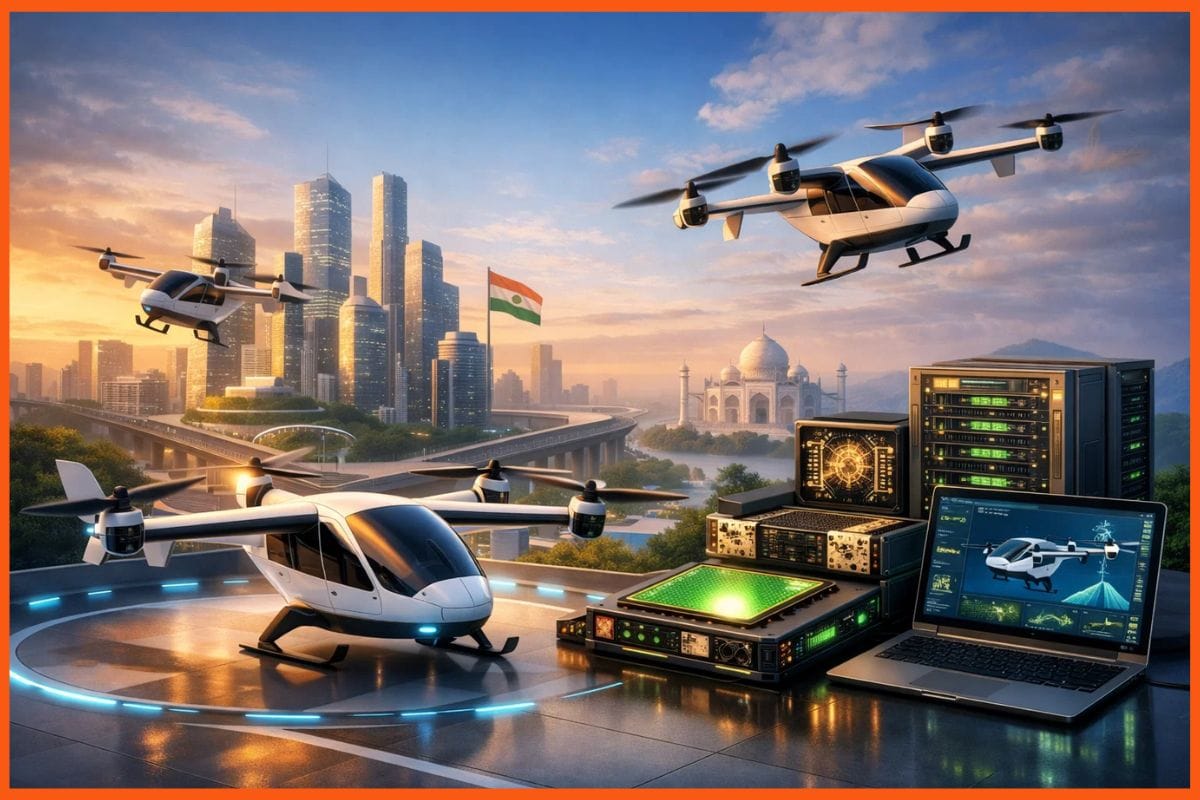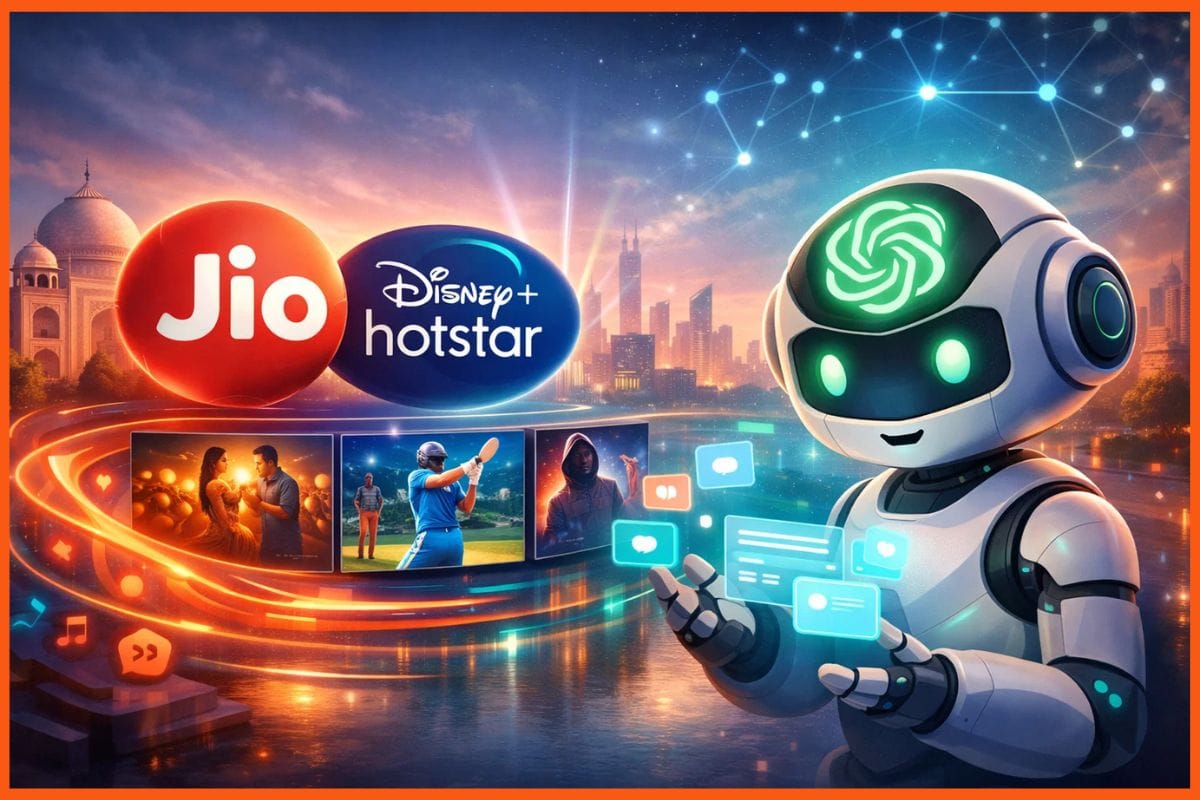The Rise of Chatbots in the B2B SaaS Industry
🔍Insights
When someone goes to a website to look for information, they have two options. One is to pick up the phone and speak with a customer service representative to get answers to their questions, and the other is to use the online chat facility. The majority of individuals favor the second route since it is quick, simple, and hassle-free.
But have you ever thought about where this help comes from? That is the person on the other side of the table who has all of the answers to all of the questions and concerns? Well, it's not a human, but a chatbot, as most of you are probably aware.
Chatbots are becoming more and more popular every day. They're a godsend for businesses that offer chat services on their websites. Furthermore, as new AI (artificial intelligence) technologies emerge, chatbots have grown more efficient and advantageous to organizations.
Bots are proving their mettle once again with the latest features, such as language processing skills, built-in algorithms to assist learning from patterns to enhance their knowledge, and so on.
What are Chatbots?
How do Chatbots work?
The Rise of Chatbots in B2B SaaS Industry
FAQ
What are Chatbots?
Bots are computer programs that execute tasks that would otherwise be performed by people. They collect data and use the information to make the interface more instinctive and intelligent, thanks to artificial intelligence (AI).
Chatbots are computer programs that simulate human dialogue. They respond to the queries of the users. Every command is met with a positive response.
Almost major platform, including WhatsApp, Facebook, and others, now has chatbots built in to improve the user experience.
They might be either utility bots or informational bots. Users can get important information from information bots, while utility bots accept commands and reply.
How do Chatbots work?
Natural language processing, or NLP, is the technology used by chatbots. It is a branch of artificial intelligence (AI) and computer science concerned with the interaction between humans and computers.
Three classification methods are used by chatbots to function.
Matching patterns
Bots utilize pattern matching to classify texts and provide appropriate responses for consumers. The pattern's standard structure is AIML or Artificial Intelligence Markup Language.
Neural networks (Artificial Intelligence)
With the help of weighted connections created through multiple iterations during data training, neural networks make it easier to determine output from input. Every sentence is split down into different worlds, and each word is finally used as an input for neural networks.
Algorithms reduce the size of classifiers and provide more manageable structures. The reductionist approach is the name given to this method. In a nutshell, it boils down to reducing the problem to a simple answer.
Algorithm
Algorithms reduce the size of classifiers and provide more manageable structures. The reductionist approach is the name given to this method. In a nutshell, it boils down to reducing the problem to a simple answer.

The Rise of Chatbots in B2B SaaS Industry
Chatbots have risen to prominence in recent years as a result of their capacity to streamline a variety of marketing procedures. By offering fast solutions to clients' questions, these clever automated messengers speed up the process of certifying sales leads.
According to a Harvard Business Review study, organizations that do not respond to leads in five minutes or less risk losing them forever, emphasizing the necessity of giving prompt responses to your clients.
Chatbots are still a relatively new concept, and their enormous potential is sometimes missed. B2B enterprises account for 58 percent of all websites with a chatbot.
Given that chatbots were previously utilized significantly more frequently by B2C enterprises, this is a fascinating finding. Because of this rising usage, there are several significant advantages to using a chatbot in your B2B organization. Continue reading to discover more about the causes for the recent development in the chatbot market, as well as how B2B companies are beginning to see the value that chatbots can bring to their online presence.
The Struggle for Convenience
Let's face it, no one wants to sit around for hours on end waiting for a response to a query. As technology advances and clients migrate to more convenient customer assistance options, customer care phone lines are slowly becoming obsolete.
Chatbots have begun to appear on a variety of social media sites, including Facebook Messenger. Customers will be able to have faster and more seamless customer service encounters as a result of this. They may gently go on social media and get a solution to their question in a matter of seconds.
These bots are also available 24 hours a day, seven days a week, although most customer support representatives are not. It might be unpleasant for a consumer to wait for a customer support representative to come online and reply after regular business hours, especially if the question is urgent.
Keeping consumers waiting can result in them leaving their company elsewhere, resulting in a significant loss of revenue. As a result, users and organizations alike have found chatbot availability to be one of the most tempting features.
Consistency is essential
Customer service consistency is an aim for almost every B2B company. When two consumers ask the identical question of a customer care professional, they should always get the same answer. This establishes client trust and ensures that customers are never misled.
When it comes to human customer service representative, you can give them all the same training, but their responses will always be slightly different. That's understandable; after all, they're humans, not robots, and it's human nature to make mistakes now and then. At the end of the day, it's an ineffective system for businesses to use, which is where chatbots come in.
Technology is becoming more intelligent

In 1966, an MIT professor created the world's first chatbot. Although this bot could only answer simple questions, it was a significant technological advancement. Over 50 years of research and development have gone into making chatbots the extraordinarily intelligent computers that they are today.
In many circumstances, it's difficult to determine whether you're interacting with a chatbot or a real person, and technical advancements will only make it more difficult. These sophisticated computers are programmed to recognize keywords and respond accordingly.
These systems have progressed over years of engineering to the point where they can precisely mimic the human brain's speaking patterns and mental processes. These chats are nearly comparable to those with real customer service personnel due to their human-like language and ability to pick up keywords.
The Budget-Friendly Alternative
Every company wants to save money wherever it can, thus cost is a major consideration in the assimilation of chatbots. You should anticipate paying somewhere between $500 and $2500 for your chatbot, depending on its sophistication.
Chatbots may have a high initial cost, but their ongoing costs are quite low, making them significantly less expensive than hiring an entire staff of customer support professionals.
Chatbots may cut operational costs by up to 30%, according to Chatbots Magazine, so it's easy to see why so many B2B companies are making the move.

Conclusion
The advantages that chatbots may give for your B2B company are unrivaled. Chatbots can be a very fantastic tool for you and your business if you are ready to make the initial investment. Chatbots may help enterprises streamline procedures and build long-term relationships with website visitors, thus their popularity is only going to expand.
FAQ
Which platform is best for chatbot?
Lobster by EBI.AI, Chatfuel, MobileMonkey, Aivo, ItsAlive, Imperson, and Pandorabots are some of the top chatbot platforms.
What are the two types of chatbots available?
There are two types of chatbots, rule-based and AI chatbots.
How are chatbots used in business?
Chatbots improve customer service by being available 24/7 and replying to queries in no time.
Must have tools for startups - Recommended by StartupTalky
- Convert Visitors into Leads- SeizeLead
- Website Builder SquareSpace
- Run your business Smoothly Systeme.io
- Stock Images Shutterstock






